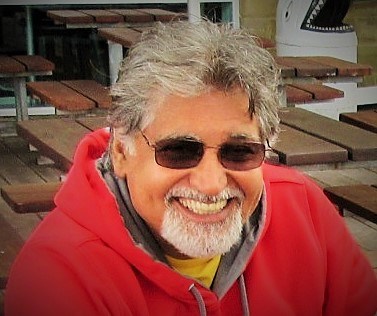The Baha’i concept of economics asks humanity to eliminate the extremes of wealth and poverty through a fair means of distribution of wealth.
The distribution of wealth is one of the primary functions of any economic system. From every indication, the present economic system in much of the world has failed to distribute wealth justly and equitably. This fact – clearly evident from an ever-widening gap between the rich and the poor – means that billions of people live below the poverty line. At the same time, multi-billionaires accumulate enormous wealth every day.
From an economic point of view, it’s clear that this system has failed to deliver and fairly distribute wealth. The question is why. The Baha’i writings explain that one of the main reasons is the lack of spirituality and morality in the economic system.
“The secrets of the whole economic question are Divine in nature, and are concerned with the world of the heart and spirit.” ~Abdu’l-Baha
I’ll briefly share my understanding of the principles of the distribution of wealth.
Individual Actions to Improve Distribution of Wealth
All religions have many souls who are the essence of selfless giving - giving love and all their material possessions, generously contributing to charitable organizations. Each case of generous giving offers an example to follow if we want to see the voluntary distribution of wealth on a small scale. We need small, person-to-person steps to reduce the gap between the poor and the rich everywhere. In this way, we can all make a difference in the lives of those who struggle materially.
We can find ways to pay more to all those working for a minimum wage, whether by a generous tip or more than the asking price to street sellers who earn very little from their living. We can pay in full or part of the medical expenses of those who do not have the means. We can support those who are struggling to pay their rent. We can buy groceries for people in need and provide food for hungry people. We can provide accommodation for the sick and needy. We can pay for the education of poor children.
Guaranteed Basic Income
Baha’is support a kind of universal basic income. GBI, or Guaranteed Basic Income, is a relatively new economic concept that many economists and governments are now implementing or considering. It ensures that every citizen who needs it is guaranteed a minimum income to cover the basic costs of all the essentials for their living. This concept, supported by leaders and philosophers as diverse as Thomas Paine, Bertrand Russell, Thomas More, and William Beveridge, bundles all social policy and welfare measures into a single instrument designed to exemplify the idea that “a rising tide lifts all boats.”
Profit Sharing, Wages, and Pensions
Another method for fair distribution of wealth is sharing the profit of the business or factory with the workers – and paying them fair wages that enable them to live comfortably and have enough for their rainy days and old age.
When these suggested practices, that are, small means of distributing wealth, become more common, a new economic system will emerge based on compassion, love, and morality, bringing solutions to remedy the unjust distribution of wealth. But until then, we each need to play our part. We can find many ways to participate.
If we sincerely want to find ways to eradicate poverty by contributing toward a more just and equitable distribution of wealth in the world, then we can all start in our own lives by giving to others.
Badi Shams is a Baha’i and a mystic at heart and has an MA in economics.He has published “Economics of the Future” and “Economics of the Future Begins Today” and recently written the books “Random Thoughts of a Mystic Economist” and “Towards a New Spiritual Economic System.” You can find Badi’s website at com called “Baha’i Inspired Economics” He is retired from the education system.
You can read more articles on our interfaith blog, Spiritually Speaking at /blogs/spiritually-speaking
* This article was published in the print edition of the sa国际传媒 on Saturday, Janaury 6th 2024



